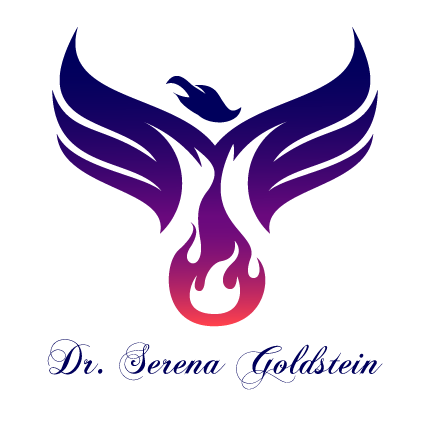How much your genetics matter in health & outcomes
Genetics are the building block of our material, the stuff we got from a male and a female, and that's what we're made of. Not so much.. the good news is that we're in control of about 90-95%+ of our health outcome, but doesn't mean there isn't something to be said about the foundation we've been dealt. Crazy thought- we were in our grandmother's uterus. We also store past emotions, trials and tribulations, anger & happiness, etc. in our DNA. So should you get 23&me done? Perhaps, but there's also many more genes that are not accounted for and then it's still a piece of the puzzle in terms of health too at the end of the day.
Many times there are certain patterns in someone's health history or family's health history - or both- (e.g. addiction and heart disease). They may have many different therapies and nothing seems to stick. Maybe there's a really prevalent disease or concern and we need a closer look to make sure all processes are optimized- some of which may not be included on 23&me. If concerns have been going on a long time too, or if medications don't work, there could also be a genetic component.
One normal gene variant, such as for neurotransmitters (COMT- how well we metabolize dopamine, our reward neurotransmitter), also means that estrogen isn't metabolized well. Then I would assess their nutritional status, lifestyle, and overall health and risk factors to hone in on a plan where they can optimize this gene- so that means understanding and improving the health of all the organ systems involved in making and metabolizing estrogen.
However, I'm not just 'treating the gene' because this gene also got to this point for a reason- and how much can we optimize in their lifestyle to optimize the gene's capability, and then if it can't, what supplements are needed? Because we can't out supplement a crap lifestyle.
While this can sound daunting, good news- I got you! Genes are still part of our health yet it's a matter of how much it means and pertains to us, and what it means to shift our lifestyle accordingly. However, I've also found that when we truly listen to ourselves and what our body is trying to tell us, we already get a sense of how our genes function (or not function). In the meantime, boost the efficacy of your DNA with these tips:
Drink more water - Just replace all those coffee cups with water, and you'll be fine.. I promise. Or wean off coffee super slowly so you don't get all those side effects. We're made up of over 70% water, so we definitely need this to function optimally. Front load your water too earlier in the day so you're not waking up to pee. Further, drinking at least half your body weight in ounces of water, if not more, per day can help improve a multitude of concerns. Or you just feel 10x better.
Find your zen - Something where you're at peace, doing what you love, and what makes you smile (or maybe smile afterwards, like a tough workout- kind of heard to smile through that). Knowing your living up to your potential, and/or doing an activity that you love helps repair your DNA and improve its function.
Get to sleep - At a reasonable time please.. like 10:30pm, latest 11pm. After that our cortisol (stress hormone) doesn't go down as well as it should and we don't maximize the full potential of melatonin, our most potent endogenous antioxidant. Sleep is also when every cellular process, from thoughts, to muscles, to hormones, gets to repair and regenerate as needed. Including our DNA. By 11pm we get a second wind, so make sure your head is on the pillow before then.
We have millions of genes, all trying to repair themselves at any given time, however, not all of them produce (or contribute to) symptoms. While it's important to listen to our body on every level, genetic testing can also offer that 'ah-ha' moment as a clue to our health and habits, especially if we want to specifically understand our risks for dis-ease and what we can do for prevention. Let's set up a time to chat HERE if you'd like to find out how we can piece in genetics as part of your health picture!

